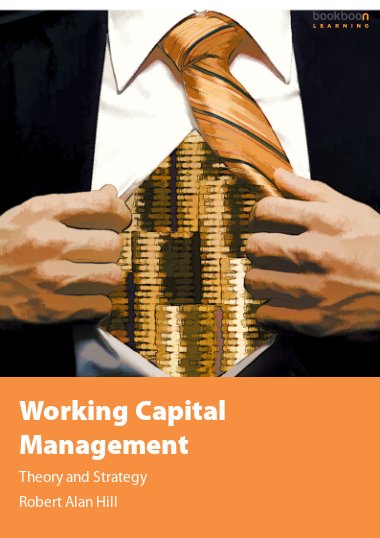This book critically evaluates the traditional accounting concepts of working capital within the context of strategic financial management underpinned by value maximisation criteria. The accounting convention that management must present an image of solvency and liquidity to the outside world by maintaining an excess of current assets over current liabilities is seriously questioned. A firm’s objectives should be to minimise current assets and maximise current liabilities compatible with its debt paying ability, based upon future cash profitability dictated by optimum terms of sale, which may be unique.

